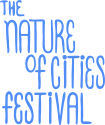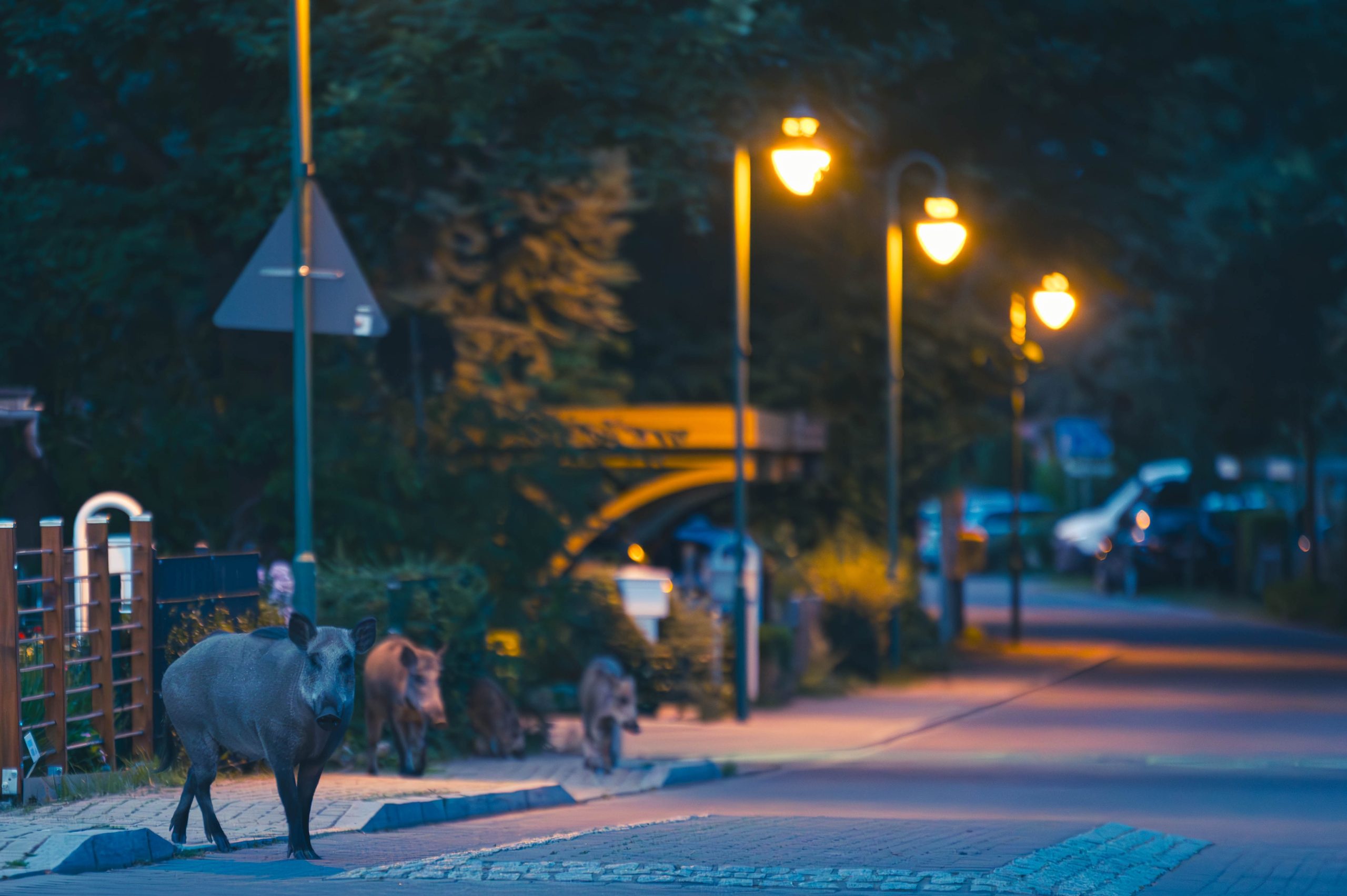Sophia Kimmig
Leipzig
Sophia Kimmig studied biology, focusing on evolution, ecology, and behavioral biology. For her bachelor’s thesis, she investigated the behavior between wolves and brown bears kept together in wildlife parks; for her master’s thesis, she studied the alarm communication of prairie dogs, depending on their environment and kinship, in the Sierra Madre in northern Mexico. She completed her Master of Science degree with excellence in 2013. Due to a serious cancer diagnosis, she subsequently had to take a break from her work. This profound change in her life motivated her to devote herself even more to nature, to (re)awakening a love of nature in others, and to working for its preservation. Once back on her feet, Kimmig began her work in urban ecology at the Leibniz Institute for Zoo and Wildlife Research in Berlin 2015 and earned her doctorate from the Free University of Berlin in 2021. As part of her doctoral thesis, she spent several years researching Berlin’s urban foxes and discovered, among other things, that they differ genetically from their counterparts in the surrounding rural area. The realization that many people know little about the fox (and other native species), despite it being a species with extremely high general recognition, motivated her to leave the undergrowth and venture into podcasts, radio shows, and in front of the television cameras. Since then, she has used her media appearances, as well as various events and lectures, to share her passion for nature with others. She is convinced that we need a deeper understanding of nature and more empathy for other living beings to preserve our natural environment. In 2021, Kimmig wrote a book about her experiences during her fox research. “Von Füchsen und Menschen” (Malik) became a SPIEGEL-Bestseller, and the many wonderful feedback from readers about the joy the text had brought them or how it had inspired them to spend more time outdoors themselves motivated Kimmig to continue writing. “Lebendige Nacht” (Hanser) was published in 2023 and has been translated into Spanish (La Vida Nocturna, Cabrame) and English (Living Night, The Experiment). Her new book, “Move!” will be published in fall 2025. She has also written a children’s book about wild animals in the city, which was shortlisted for the German Children’s Book Prize. In her academic work, Kimmig focuses on topics such as urban nature, human-nature relationships, biodiversity loss, nature conservation, and invasive species. She pursues an interdisciplinary and transdisciplinary approach, for example, involving citizen scientists in research, collaborating with scientists from the social sciences and humanities, and incorporating art and culture into her work alongside traditional scientific methods.



